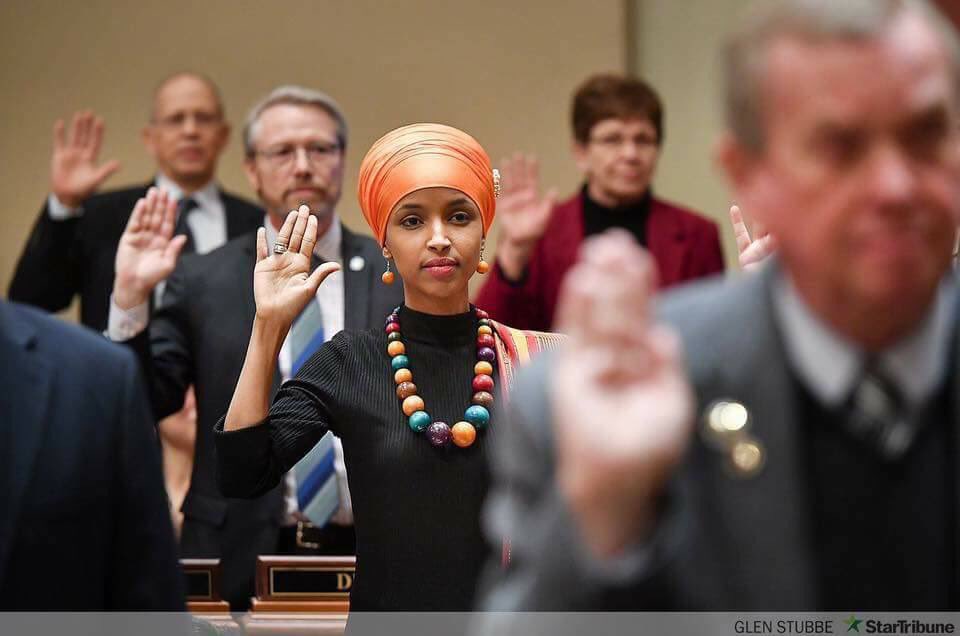Carleton University, a leading university in Ottawa, Canada, recently named Somali-born economist to its list of distinguished alumni.
Abdulqafar Abdullahi, a senior macro-fiscal economist with the World Bank and a member of Ottawa Somali community, is among Carleton Universities '75 for 75'.To commemorate the institutions 75th anniversary, Carleton University is profiling 75 of it's most distinguished graduates from the Faculty of Public Affairs; releasing five new names every month until June 2017 when a reception will be held for the honorees.
The impressive list of honorees is a cross section of industry leaders and visionaries. It includes the current Mayor of the city of Ottawa, Chief Statistician of Canada, Attorney General of Ontario, Chief Economics Commentator of the Wall Street Journal, the host of CBC's Power and Politics, and Deputy Governor of the Bank of Canada to name a few.
Success is a ladderMr. Abdullahi immigrated to Canada in 1992 after earning an MBA from Delhi University in India. After completing his studies in India he spent two years in Singapore and Thailand where he worked in various temporary jobs including a part-time teaching position at Assumption University in Bangkok. Once he arrived Canada, unlike many educated immigrants who came over, Abdullahi was fortunate to have found work in his field.
“Despite the high unemployment rate when I arrived, I resisted in taking a job outside my field, and I was more fortunate than many of my fellow immigrants”.
He worked for Pearson Canada, the largest publisher of textbooks and academic material in Canada. Mr. Abdullahi worked there for seven years, becoming an integral part of the company. He was promoted to Senior Regional Sales and Editorial Representative.
The work gave Mr. Abdullahi the opportunity to travel Canada and the courage and confidence to go back to school.
“Although I was happy with my job in the Publishing industry, I realized a graduate degree from a respected Canadian University would be advantageous in the long run."
Abdulqafar Abdullahi went back to school and earned his Master’s in Economics from Carleton University in 2000. He soon landed a coveted job as an Economist with the Federal Department of Finance. For the next 13 years, he held various senior positions in Federal Government.
Abdulqafar Abdullahi has lived in Ottawa since 1998 and has been a role model for the Somali-Canadian community. As an educator, Mr. Abdullahi taught Economics at Algonquin College for 12 years and has mentored hundreds of Somali university students in Ottawa navigate their career paths.
"When I first started working with the Federal Government, there weren't many Somalis employed there," Abdullahi says as he reflects on his earlier days with the Department of Finance, "the last time I was at Portage (Federal Government office complex) I noticed there were a lot of young Somalis working there. It's great to them progressing with their careers and lives."
Rebuilding a Central Bank from Scratch
An economist by trade and a patriot at heart, Abdullahi sought out to rebuild the fragile Central Bank of Somalia in 2013. He served as a Senior Economic Advisor to the Governor of the Central Bank.
The precarious security situation coupled with personal reasons led to his own resignation from his post and the decision to return to Canada.
However, although he did not know it at the time, he would soon be back working on a plan to fix Somalia's fractured economy.
"Not long after I resigned from the Central Bank of Somalia and on my way to my old job, I received an offer from the World Bank that allowed me to continue to help Somalia in a different capacity."
Today, Abdullahi's position with the World Bank enables him to still work closely on forging an Economic policy for Somalia as the country begins to find its footing.
“I lead the intergovernmental fiscal relations support to Somalia and I am a member of a team that is providing technical support on macro-fiscal issues to the federal and state governments,” he says. “We’re helping Somalia develop its own model of a federal system of government by sharing international experiences and lessons learned from other countries—including lessons I learned while working on Canada’s equalization program.”
Somalia’s Diaspora community has been instrumental in sustaining its economy through remittances flow and investments. Now, Somalia needs the expertise and knowledge of its diaspora community to rebuild its institutions and government systems.
“Many Somalis have gained knowledge and experience and built successful careers in their adopted countries and could make incredible contributions to Somalia today”.
Please visit the Carleton University's Faculty for Public Affairs for Mr. Abdullahi's full profile.
https://carleton.ca/fpa/story/abdulqafar-abdullahi/
